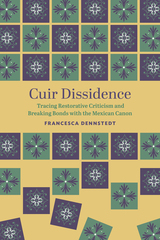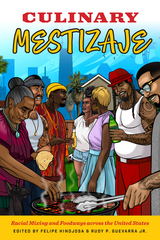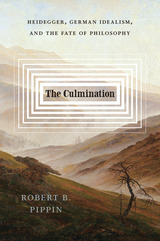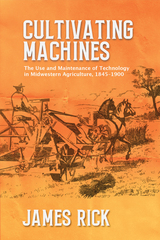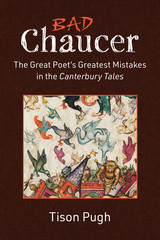
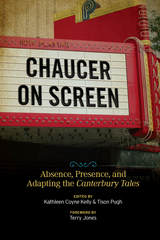
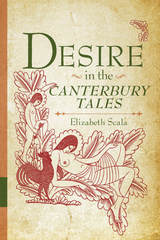
Desire in the Canterbury Tales coordinates the compulsions of desire with the act of misreading to define the driving force of Chaucer’s story collection. With Chaucer’s competitive pilgrimage as an important point of departure, this study examines the collection’s manner of generating stories out of division, difference, and contestation. It argues that Chaucer’s tales are produced as misreadings and misrecognitions of each other. Looking to the main predicate of the General Prologue’s famous opening sentence (“longen”) as well as the thematic concerns of a number of tale-tellers, and working with a theoretical model that exposes language as the product of such longing, Scala posits desire as the very subject of the Canterbury Tales and misrecognition as its productive effect. In chapters focusing on both the well-discussed tales of fragment 1 and the marriage group as well as the more recalcitrant religious stories, Desire in the Canterbury Tales offers a comprehensive means of accounting for Chaucer’s poem.
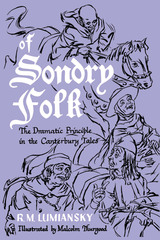
Two hundred years before Shakespeare observed that “all the world’s a stage,” another writer with a flair for drama realized the same fact. This writer was Geoffrey Chaucer.
Chaucer, however, presented his dramatic efforts through the medium of short stories, and he is regularly referred to as one of the world’s great storytellers. Yet there are certain questions which arise time and again in the minds of literary scholars. Most of the tales in the Canterbury collection are excellent, but why did Chaucer include such obviously poor recitals as the dull “Melibeus” and the lengthy “Parson’s Tale”? Did he fail to recognize their lack of literary merit? Or were those of his stories which seem so dull to modern readers really popular in fourteenth-century England?
Of Sondry Folk is Lumiansky’s answer to such questions. But it is more than that. It is the revelation of Chaucer as dramatic writer. Chaucer, says Lumiansky, did not intend primarily to tell a series of good tales. Instead, he chose tales which suited his purpose of dramatic exposition of character. And the characters, though drawn from many walks of life, are not stereotypes. Their tales not only disclose what the Pilgrims think of themselves but reveal these Pilgrims as they really are—dull, romantic, egotistical, pious, or lustful.
Not all readers will agree with Lumiansky’s conclusions in this book. But his scholarship, his clear, uninvolved prose, and his wit and frankness make of it an excellent handbook for the student of the Canterbury Tales. Of Sondry Folk will increase the enjoyment and understanding of Chaucer’s art for any reader, lay or scholarly.
READERS
Browse our collection.
PUBLISHERS
See BiblioVault's publisher services.
STUDENT SERVICES
Files for college accessibility offices.
UChicago Accessibility Resources
home | accessibility | search | about | contact us
BiblioVault ® 2001 - 2025
The University of Chicago Press


